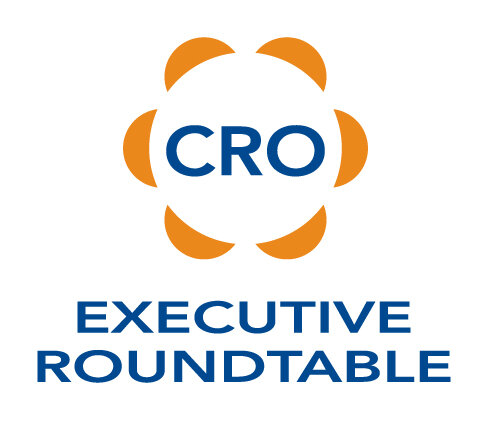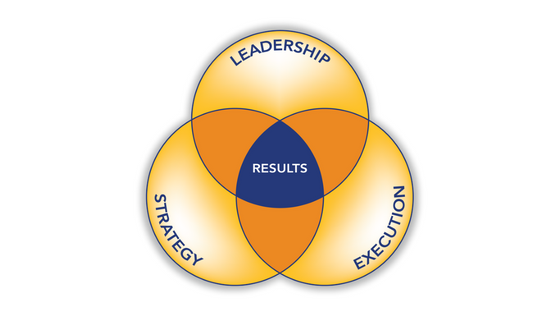After 6+ years of hosting monthly roundtable meetings with revenue leaders from a diversified combination of businesses, it’s clear there is a core list of components CRO’s need to have in hand at the start of the year for maximizing success and driving revenue growth.
The core components of Revenue as a System:
1) Lead generation system – Differentiating Value (DV) is defined by target segments and campaigns are loaded for launch through all media channels. It is never about what you say, it is more about what the prospect remembers about you. The DV messages are 100% translated into the prospect’s world. Response systems operate under time-is-of-the-essence priorities so nothing goes past a couple hours, worst case, without a direct engagement (not an auto-responder). The goal is always a response time in minutes to connect in the prospect’s “window of interest.
2) Revenue team roles – The right mix is a combination of inside and outside resources with the new business development goals assigned to specific hunters and not diluted across everyone’s goal sheets. The hunters have line of sight vision to the targets and the tools to pursue them. The right talent means trained and ready to handle all levels of communication - especially qualifying.
3) Structured sales process based on your Differentiating Value – Selling is a communication process and your Differentiating Value (DV) is why prospects decide to do business with you. As such, a CRO cannot invest the time to learn the unique qualifying approach of every sales rep in their organization. I have tried it – it doesn’t work and the individual process I was exposed to were totally ineffective. Qualifying is all about asking the right questions. Every sale typically consists of 4-6 Critical Qualifying Questions (CQQ’s) that objectively determine if, how and when the deal comes together. Sales reps never want to get a “no,” but the reality is getting more no’s than yes’s is the way it works. It is far better to get the no before you invest a lot of resources into deals where you are not even on the list for consideration.
4) Structured forecast process – Forecast accuracy is the report card of your qualifying system. Sales reps know it is always better to be optimistic vs. realistic when forecasting. Due to that approach, management does not know exactly what’s in their pipeline. This is a common survival technique to buy more time without going under a formal “get-well” plan. A bankable forecast process can be achieved - the challenge lies with your qualifying execution. The key is to hold your salespeople accountable to qualifying suspects for motivation, money, methodology and market before moving prospects on/through the forecast.
5) Properly-aligned incentive systems – Incentives are the most underutilized tool in the CRO’s arsenal. The days of one-size-fits-all spreadsheet plans never really worked…and they still don’t. It is important for plans to both recognize behaviors and reward results. Incentive plans can include a variety of components – forecast accuracy, mix of sales performance by product and/or accounts, new logo accounts, etc. No two businesses are identical so no two plans have the same focus. It starts with understanding your specific sales model and building the incentive plan around key performance thresholds. In the end, much of successful selling comes down to doing the right behaviors consistently. Your incentive plan should creatively incent those behaviors.







